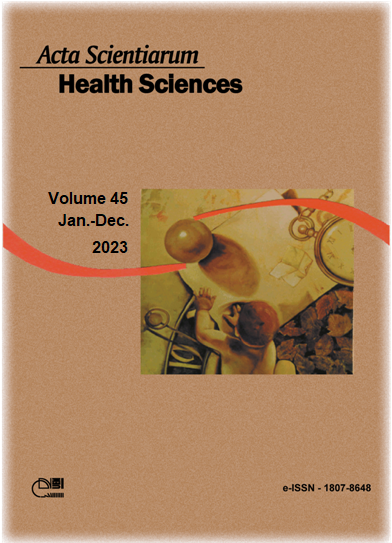Estimation of antigenotoxic properties of Ginger (Zingibe officinale) for DNA Damage after Exposure to Patulin in rats
Resumo
Patulin, a known fungal poison, is an important pollutant in apples and products derived from apples and fodder. Ginger improved the liver function and prevents hepatotoxicity against many toxins and used in treatment of various diseases. The genetic toxicity of patulin in the liver of rats using the comet assay in vivo was investigated and effect of ginger (Zingibe officinale) on DNA damage induced by patulin. Five groups of adult male Sprague Dawley rats were used. The rats were given 3.75 mg kg-1 intraperitoneal (i.p) patulin. The rats were treated with ginger at a dose (100 mg kg-1) for four weeks and eight weeks. DNA damage was measured in the liver of rats using a standard genetic toxicity tests comet assay. Tail length and percentage of tail DNA within the comet increased significantly (p <0.05) in patulin group (p =0.01), (p =0.000) respectively, compared with control group a time-dependent manner, indicating an increase in DNA damage. The liver tissue showed signs of improvement in DNA damage after treating rats with ginger. In conclusion, these results indicate that patulin is genotoxic at the injected dose and that liver is an important target organ. Instead, ginger therapy can reduce DNA damage in liver cells from the toxicity caused by patulin.
Downloads
DECLARAÇÃO DE ORIGINALIDADE E DIREITOS AUTORAIS
Declaro que o presente artigo é original, não tendo sido submetido à publicação em qualquer outro periódico nacional ou internacional, quer seja em parte ou em sua totalidade.
Os direitos autorais pertencem exclusivamente aos autores. Os direitos de licenciamento utilizados pelo periódico é a licença Creative Commons Attribution 4.0 (CC BY 4.0): são permitidos o acompartilhamento (cópia e distribuição do material em qualqer meio ou formato) e adaptação (remix, transformação e criação de material a partir do conteúdo assim licenciado para quaisquer fins, inclusive comerciais.
Recomenda-se a leitura desse link para maiores informações sobre o tema: fornecimento de créditos e referências de forma correta, entre outros detalhes cruciais para uso adequado do material licenciado.
























5.png)







